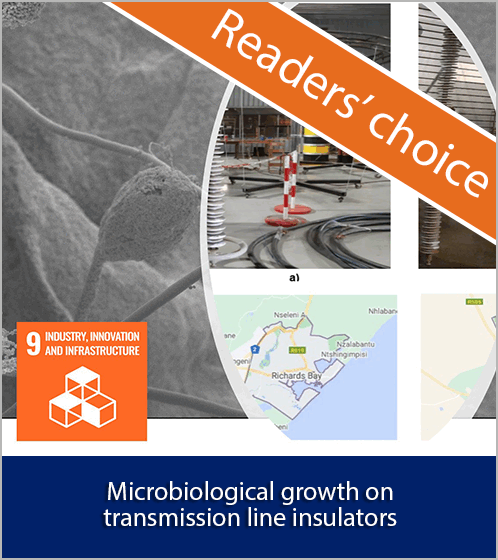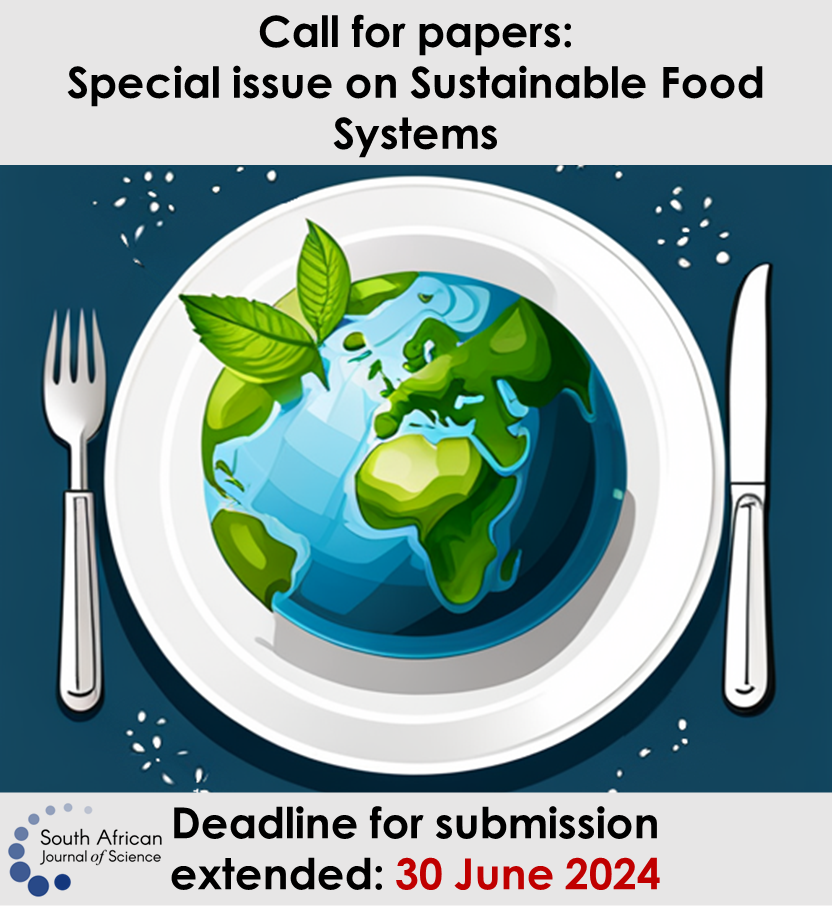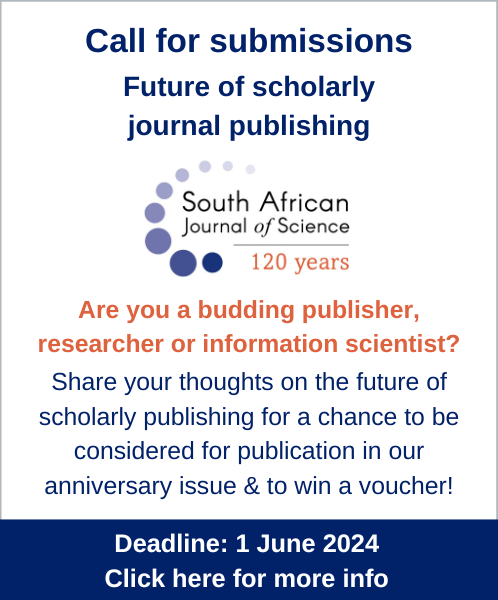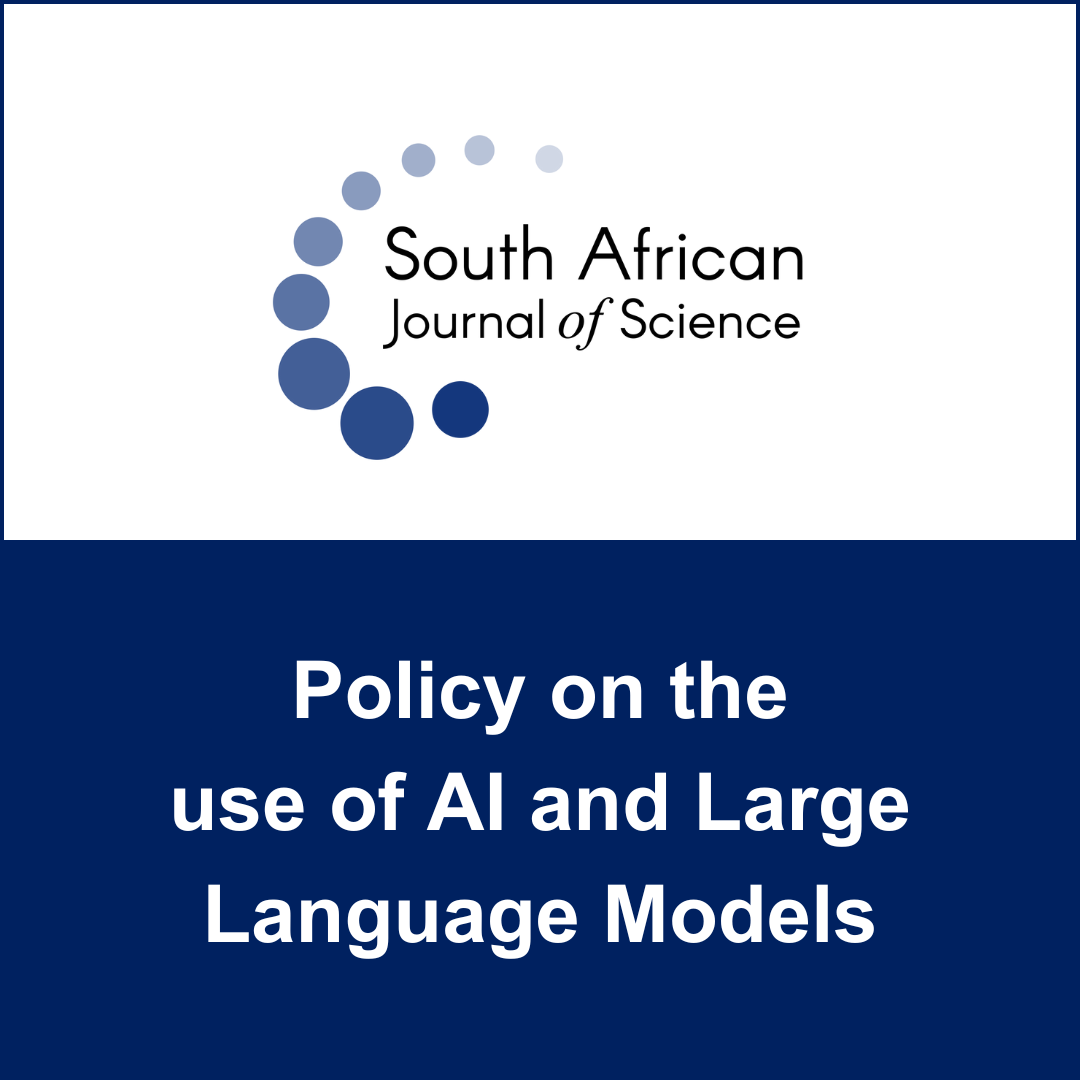Does the DHET research output subsidy model penalise high-citation publication? A case study
DOI:
https://doi.org/10.17159/sajs.2016/20150352Keywords:
higher education subsidy, collaboration, impact, citation, scientometricsAbstract
South African universities are awarded annual subsidy from the Department of Higher Education and Training (DHET) based on their research publication output. Journal article subsidy is based on the number of research publications in DHET-approved journals as well as the proportional contribution of authors from the university. Co-authorship with other institutions reduces the subsidy received by a university, which may be a disincentive to collaboration. Inter-institutional collaboration may affect the scientific impact of resulting publications, as indicated by the number of citations received. We analysed 812 journal articles published in 2011 by authors from the University of Cape Town’s Faculty of Health Sciences to determine if there was a significant relationship between subsidy units received and (1) citation count and (2) field-weighted citation impact. We found that subsidy units had a significant inverse relationship with both citation count (r= -0.247; CI = -0.311 – -0.182; p<0.0001) and field-weighted citation impact (r= -0.192; CI= -0.258 – -0.125; p<0.0001). These findings suggest that the annual subsidy awarded to universities for research output may inadvertently penalise high-citation publication. Revision of the funding model to address this possibility would better align DHET funding allocation with the strategic plans of the South African Department of Science and Technology, the National Research Foundation and the South African Medical Research Council, and may better support publication of greater impact research.
Published
How to Cite
Issue
Section
License

All articles are published under a Creative Commons Attribution 4.0 International Licence
Copyright is retained by the authors. Readers are welcome to reproduce, share and adapt the content without permission provided the source is attributed.
Disclaimer: The publisher and editors accept no responsibility for statements made by the authors













.png)